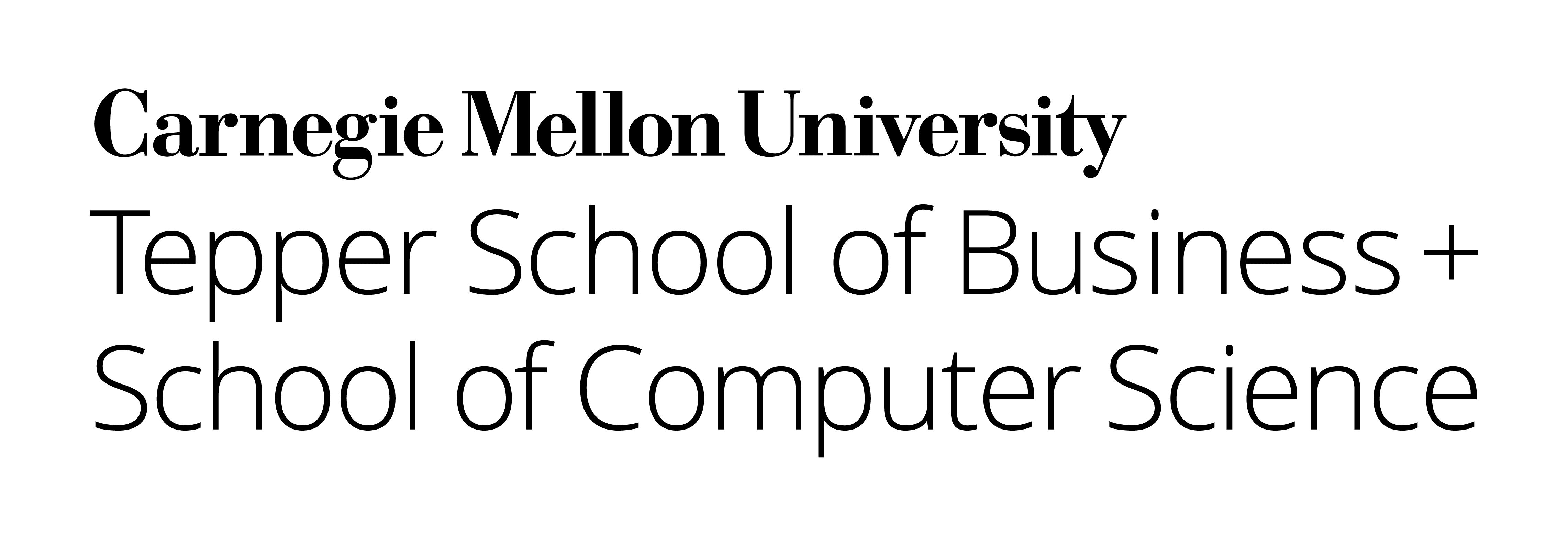Content sponsored by: The Ultimate Question…
The Ultimate Question…
“Why?”
This is one of the best problem-solving questions in your arsenal as an engineer. It may also be the key to an unexpected career move.
In our process engineering days, applying methods such as the “5 Whys” technique allowed us to uncover the root causes of operational problems. When faced with a technical challenge, we can independently investigate its origin and create options for resolution. We found personal satisfaction in identifying the cause and applying the fix.
This wasn’t quite enough, however. We found ourselves asking these broader questions:
- Why am I working on this?
- Who is it for?
- Why does it matter?
This anecdote from Irina Farooq, senior director of Product at Google Cloud, accurately describes this realization from her time working as an engineer:
“I would ask people what we were working on and why we were doing something, and I could never find a satisfactory answer.”
This same realization led us toward product management.
Who Should Consider Product Management?
Product management can be a great career path for engineers who are:
- Purpose-driven: Product teams look toward the project managers to identify the highest-priority problems for customers and the business. Product managers consistently point toward the question of “Why?”
- Motivated by growth: No two days are alike as a product manager. It requires constantly learning new skills, solving ambiguous problems, and pushing the limits of yourself and your team.
- Great communicators: Product managers need to balance the needs of their customers/users, internal stakeholders and product team members. This requires active listening and observation.

What Do Product Managers Do?
Project and product management are similar, but with some major differences. the product manager focuses on strategic goals, while the project manager is typically concerned with execution (budget, timing, resources, etc.).
Product managers are responsible for leading the product team to identify the right problems to solve. Their main motivation is to delight customers and satisfy business stakeholders – all while motivating their team to push toward innovation.
A cliche example of product manager thinking is to consider “How would I design a refrigerator for blind people to use?” Solving this problem would require interacting with users to understand their unique needs and pain points, working with designers and engineers to build prototypes, testing and receiving feedback, creating financial models based on demand, coordinating a go-to-market plan with manufacturing and distribution , and so on.
Why Do Engineers Make Great Product Managers?
Like engineering, product management is all about problem solving. When we consider improving a user’s experience, there are many parallels with how an industrial engineer might assess improving a manufacturing process.
Product managers need to make practical data-driven decisions constantly. As we know, this is second nature to engineers. Since most products have some element of technology involved, engineers are also uniquely equipped to assess the technical feasibility of launching new products, services, and features.

The Bottom Line
The product manager role provides a person with an engineering mindset the opportunity to make a huge impact within a company and in the lives of their customers. A byproduct of this type of role is that product managers constantly learn new skills and refine existing ones.
To be blunt – the pay and upward mobility is very attractive, too. Author Geoffrey Moore noted, “The roadmap to CEO is product management.”
What’s Next?
The authors of this article, Mecal McDade and Brad Eiben, come from chemical and mechanical engineering backgrounds respectively. We both asked that often annoying question of “Why?” throughout our careers. We’re glad we did, and we encourage SWE members to do the same.
There are many paths toward product management because there have historically been few options available for formal training. Carnegie Mellon University has solved this problem with the MS in Product Management (MSPM) degrees.
MSPM is a 1-year joint program between the Tepper School of Business and School of Computer Science. It is specifically designed to train product managers (PMs) in the skills employers desire. Of particular note to SWE members, our current cohort is mostly female.
Use the code SWE2023 to have your application fee waived here.